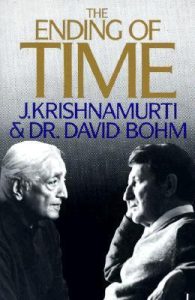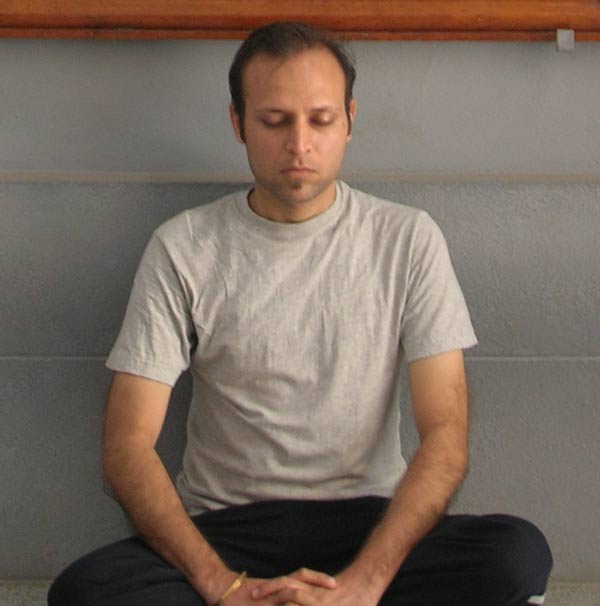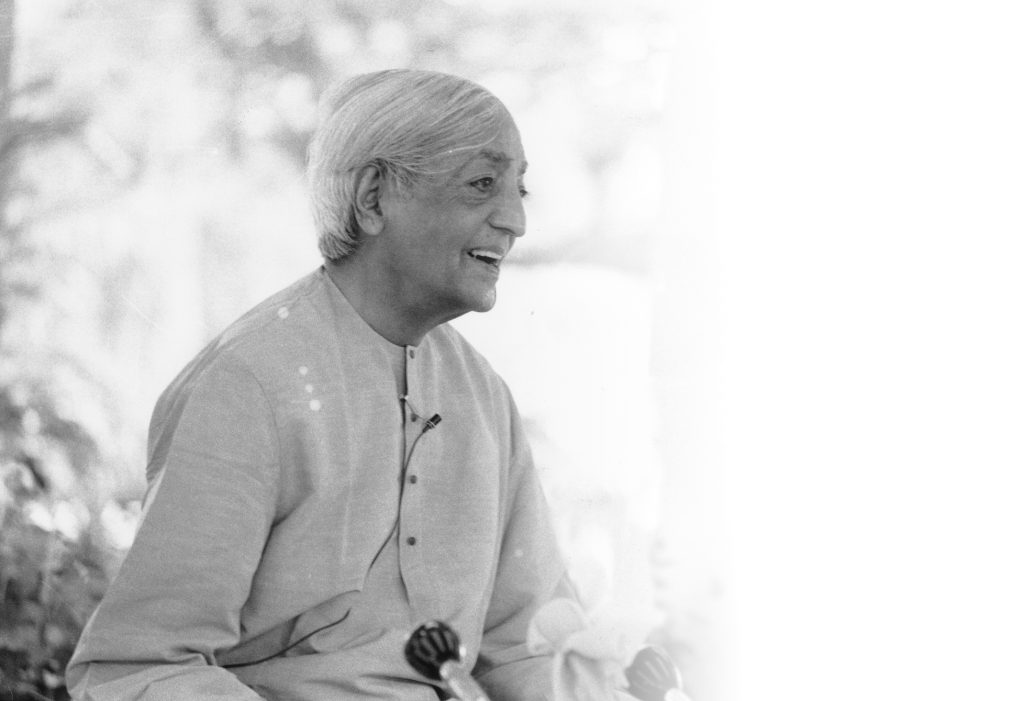Jiddu Krishnamurti, one of the most influential spiritual and philosophical thinkers of the 20th century, left behind a profound literary legacy that continues to inspire and challenge readers worldwide. His works are not mere books but living inquiries into the nature of existence, the human condition, and the timeless quest for truth. Through his writings, Krishnamurti invites readers to embark on a journey of self-discovery, urging them to question, observe, and transform their understanding of life.
Here, we explore some of the most famous books by J. Krishnamurti, delving into their themes, impact, and relevance in today’s world.
1. Freedom from the Known (1969)

One of Krishnamurti’s most celebrated works, Freedom from the Known, encapsulates his core teachings. The book challenges readers to confront the conditioning and psychological patterns that limit their freedom.
Key Themes
- The dangers of conformity and tradition: Krishnamurti argues that clinging to societal norms and inherited beliefs prevents genuine understanding.
- The nature of fear and its dissolution: He explores how fear arises from thought and how awareness can free the mind from its grip.
- The idea that truth is a pathless land: The book emphasizes that no system, teacher, or method can lead to truth—it must be discovered individually.
Impact and Relevance
Freedom from the Known is a powerful introduction to Krishnamurti’s philosophy. It resonates deeply in an age where conformity and fear dominate much of human behavior, offering a path to psychological freedom.
2. The First and Last Freedom (1954)
This seminal book is often considered the cornerstone of Krishnamurti’s teachings. The First and Last Freedom is structured as a series of essays and dialogues that explore fundamental questions about life, mind, and relationships.
Key Themes
- The nature of self: Krishnamurti examines the illusion of a separate self and how it creates division and conflict.
- The art of listening: He emphasizes the importance of listening without interpretation or judgment to discover truth.
- Meditation and awareness: The book offers insights into meditation as a state of being rather than a practice or technique.
Impact and Relevance
The clarity and depth of The First and Last Freedom have made it a classic. It serves as both an introduction and a profound exploration of Krishnamurti’s ideas, appealing to seekers and scholars alike.
3. Think on These Things (1964)
Unlike many of his other works, Think on These Things focuses primarily on education and the development of young minds. Based on talks given to students, parents, and educators, the book addresses the challenges of fostering intelligence and freedom in an oppressive educational environment.
Key Themes
- The role of education: Krishnamurti critiques traditional education systems for prioritizing conformity over creativity.
- The essence of intelligence: He describes intelligence as the capacity to think independently and observe without bias.
- The relationship between freedom and responsibility: The book explores how true freedom requires self-awareness and ethical living.
Impact and Relevance
Think on These Things is a timeless guide for educators, parents, and anyone interested in nurturing young minds. Its relevance persists in an era where education often prioritizes competition over holistic development.
4. Total Freedom (1996)
Compiled after Krishnamurti’s death, Total Freedom is a comprehensive anthology that spans his life’s work. It includes excerpts from talks, writings, and interviews, offering a panoramic view of his philosophy.
Key Themes
- The relationship between thought and suffering: Krishnamurti examines how attachment to thought creates psychological pain.
- Living without conflict: The book explores the possibility of living a life free from inner and outer conflict.
- The timeless nature of truth: Krishnamurti reiterates his idea that truth exists beyond time, belief, and dogma.
Impact and Relevance
Total Freedom serves as an excellent resource for both newcomers and longtime readers of Krishnamurti. Its breadth captures the essence of his teachings, making it a valuable addition to his literary legacy.
5. The Awakening of Intelligence (1973)
This comprehensive work is one of Krishnamurti’s most in-depth explorations of human consciousness. Structured around dialogues with scientists, philosophers, and spiritual seekers, the book dives deeply into the nature of thought, perception, and transformation.
Key Themes
- The nature of intelligence: Krishnamurti defines intelligence as the capacity to perceive life holistically, beyond the fragmentation of thought.
- The limitations of knowledge: He challenges the assumption that accumulated knowledge can lead to understanding.
- The essence of transformation: The book explores how awareness, not effort, brings about radical inner change.
Impact and Relevance
The Awakening of Intelligence is a dense but rewarding read for those seeking to engage deeply with Krishnamurti’s philosophy. Its interdisciplinary approach makes it particularly appealing to intellectuals and spiritual seekers alike.
6. Krishnamurti’s Notebook (1976)
Krishnamurti’s Notebook offers a rare glimpse into the private reflections of Krishnamurti. Written in the form of a journal, the book captures his observations on nature, meditation, and the experience of timelessness.
Key Themes
- The beauty of nature: Krishnamurti describes his deep connection with the natural world as a source of insight and renewal.
- The state of meditation: He shares personal experiences of meditation as a state of choiceless awareness.
- The timeless: The notebook captures moments of profound stillness and the dissolution of the self.
Impact and Relevance
Unlike his other works, Krishnamurti’s Notebook is deeply personal, offering readers an intimate view of his inner life. It resonates with those who find inspiration in the intersection of spirituality and nature.
7. On Fear (1995)
On Fear is a compilation of Krishnamurti’s insights into one of humanity’s most pervasive emotions. The book explores the origins of fear and how it shapes our lives, relationships, and society.
Key Themes
- The mechanics of fear: Krishnamurti delves into how fear arises from thought and the projection of the unknown.
- Facing fear directly: He encourages readers to observe fear without resistance or avoidance.
- Freedom from fear: The book offers a path to living without fear through awareness and understanding.
Impact and Relevance
On Fear is especially relevant in today’s world, where anxiety and uncertainty dominate much of human experience. Its insights provide a practical and transformative approach to understanding and overcoming fear.
8. Education and the Significance of Life (1953)
This book focuses on Krishnamurti’s revolutionary ideas about education. It critiques traditional systems while offering a vision for nurturing holistic, intelligent, and compassionate individuals.
Key Themes
- The purpose of education: Krishnamurti emphasizes the need for education to awaken intelligence and not merely impart knowledge.
- Freedom and creativity: He argues that true learning can only occur in an environment of freedom.
- The relationship between teacher and student: The book explores how educators can inspire inquiry rather than impose authority.
Impact and Relevance
Education and the Significance of Life remains a foundational text for those interested in educational reform. Its vision of nurturing free and intelligent individuals continues to inspire educators worldwide.
9. The Ending of Time (1985)

Based on a series of dialogues between Krishnamurti and physicist David Bohm, The Ending of Time explores the relationship between time, thought, and transformation.
Key Themes
- The nature of psychological time: Krishnamurti examines how thought creates the illusion of time and perpetuates conflict.
- The essence of dialogue: The book demonstrates the power of inquiry and conversation in uncovering truth.
- The possibility of timelessness: Krishnamurti and Bohm explore what it means to live free of the constraints of time.
Impact and Relevance
The Ending of Time bridges the gap between science and spirituality, appealing to readers from diverse disciplines. Its dialogues challenge conventional notions of time and reality, offering profound insights into the nature of existence.
10. Commentaries on Living (1956–1960)
This three-volume series is a collection of Krishnamurti’s reflections on life, drawn from his interactions with individuals seeking guidance.
Key Themes
- The complexity of human relationships: The series explores the dynamics of love, conflict, and understanding.
- The simplicity of observation: Krishnamurti emphasizes the importance of observing life without interference from thought.
- The universal in the personal: The commentaries reveal how individual struggles reflect broader human challenges.
Impact and Relevance
Commentaries on Living offers accessible yet profound insights into the challenges of daily life. Its conversational tone makes it an ideal starting point for those new to Krishnamurti’s teachings.
- Krishnamurti’s books are not merely works of philosophy but transformative tools that invite readers to explore their own minds and lives. Whether through the depth of The First and Last Freedom, the practicality of Think on These Things, or the intimacy of Krishnamurti’s Notebook, his literary legacy offers something for everyone.
In a world often overwhelmed by complexity and conflict, Krishnamurti’s writings provide a path to clarity, freedom, and truth. They are an enduring testament to his belief that the answers to life’s greatest questions lie not in external authority but in the quiet, courageous act of looking within.



6 Responses
Just sitting with those words, I notice myself clinging to old questions as if they’d save me, and suddenly none of them matter as much. There’s an odd comfort in that not-knowing, almost tender, maybe even a bit lonely, but I think that’s where real looking begins.
Krishnamurti’s teachings always seem to invite a pause for quiet reflection.
When Krishnamurti speaks of freedom that isn’t handed down by tradition or borrowed from belief, it is like someone quietly pointing at a door you thought was just a wall. Reading him doesn’t feel like adding knowledge, but like having the unnecessary peeled away.
Reading Krishnamurti feels like someone quietly holding up a mirror where you least expect it. It is not a mirror that flatters or scolds
Reading this made me stop and notice how my mind rushes to label every thought as good or bad, like a teacher grading papers without pause. Krishnamurti points right at that habit, and it feels unsettling, because it leaves no place to hide.
Krishnamurti shows how thought traps us in fear. Walls vanish when we watch our mind. Then true calm appears.